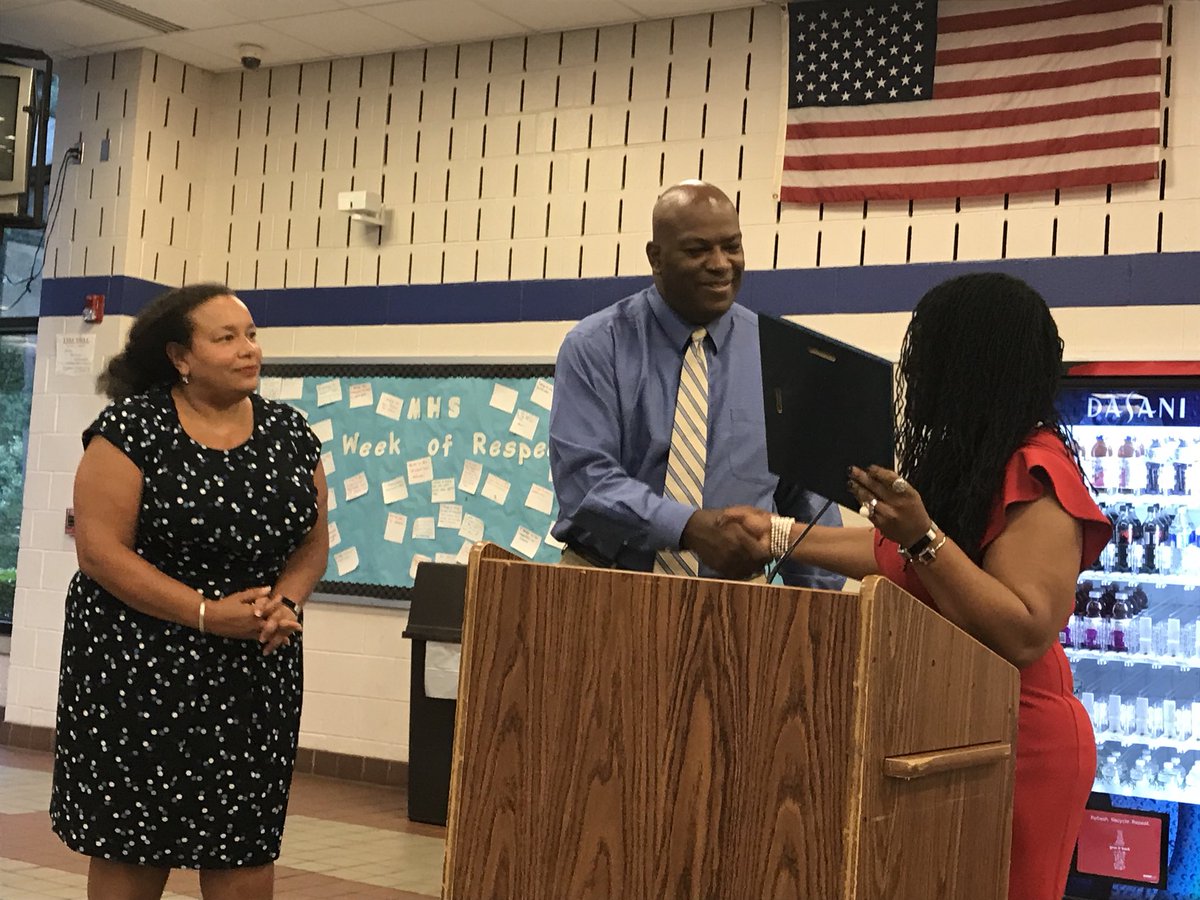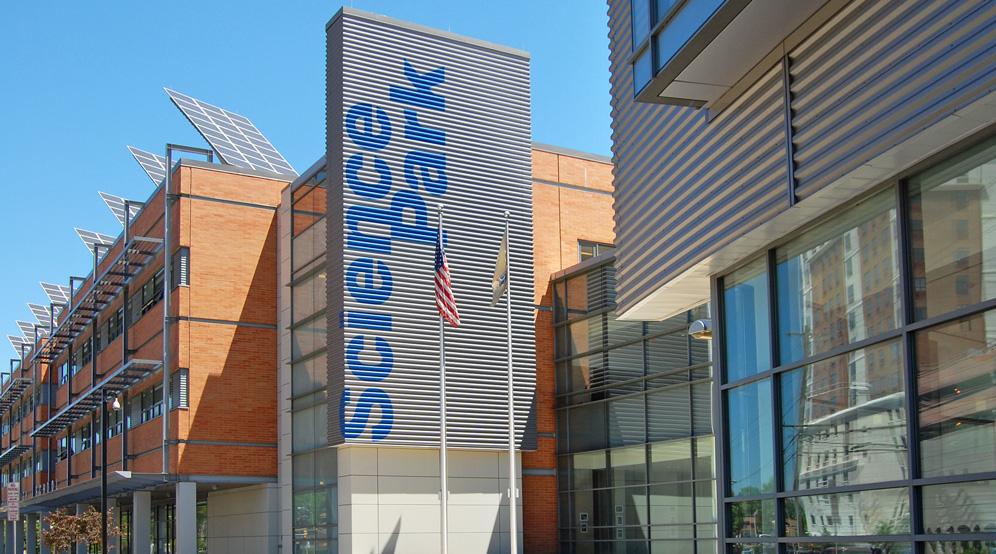
After Nine Superintendents in Ten Years, Maybe Trenton Public Schools Has Found a Winner
May 26, 2021
Principal Churn in Newark
May 26, 2021Education Law Center: New Jersey Education Department Under-Staffed and Overwhelmed
(This is a republication of Education Law Center’s new analysis, originally published on its website.)
A new Education Law Center (ELC) analysis shows that, since 2014, the New Jersey Department of Education (NJDOE) has lost a staggering 24 percent of its total workforce overall, and in some job categories much higher percentages. The severe staff shortage leaves the NJDOE ill-equipped to tackle the complex challenge of reopening public schools in September after an extended period of remote instruction in response to the coronavirus pandemic.
The chart below shows the number of NJDOE annual salaried staff positions by type and year from 2014–21. The data show the NJDOE lost 166 staff members over that time period, with the most significant reductions in leadership positions: government representatives, directors, managers, and supervisory staff.
The most dramatic loss of staff at the NJDOE occurred in the first two years of Governor Phil Murphy’s Administration. From 2018-19, the agency lost 57 staff members, and from 2019-20, another 38

“The Department of Education has been hollowed out of essential staff in recent years, especially in high level positions requiring experienced personnel to lead the agency in data collection and analysis, racial equity, special education and other crucial areas,” said ELC Executive Director David Sciarra. “As we’ve seen after schools closed last March, the NJDOE’s response to the unprecedented impact of COVID-19 on our students and schools has consisted of little more than sending out checklists for districts to fill out.”
The dramatic reduction in NJDOE capacity calls into serious question whether the State can properly follow through on Governor Murphy’s announcement that all schools must reopen for in-person instruction in September. Under well-established New Jersey law, the State, through the NJDOE, has an affirmative obligation to ensure all districts and schools are safe to reopen and that students have adequate resources and supports to remedy any interruptions in academic progress, especially for students in the many districts intensely segregated by poverty and race.
Some of the priority tasks facing the NJDOE to prepare schools for a return to full in-person instruction include:
- Assessing the condition of all school buildings under standards for safe reopening and providing funds for needed emergent repair and capital maintenance projects;
- Issuing detailed guidance on a host of critical issues that have yet to be addressed, including compensatory education for students with disabilities and English language learners and catch-up services for three- and four-year-olds who may have missed the opportunity for preschool;
- Providing high quality technical assistance to teachers and principals to support students experiencing trauma and those in need of mental and social-emotional health supports;
- Working with districts to promptly address the well-documented shortage of school nurses, guidance counselors, social workers and other support staff, especially in schools serving high enrollments of low-income students and students of color;
- Establishing a uniform framework for assessing student learning needs and assisting districts to identify and implement summer school and extended day and other programs to bring students back on track as quickly as possible; and
- Providing expert advice and guidance to districts in deciding how to spend hundreds of millions of dollars in non-recurring federal COVID-19 relief funds and avoiding a “fiscal cliff” once those funds have been spent.
The paucity of staff, expertise and capacity at the NJDOE is not a new problem. In 2007, the Legislature funded the KPMG consulting firm to conduct an extensive review of NJDOE operations. In its report, KPMG called into serious question the agency’s ability to fulfill its responsibilities, in part because of a dearth of qualified, experienced staff; the lack of an infrastructure for comprehensive data collection; and an absence of coordination among various units responsible for an array of related program areas.
Unfortunately, neither successive Governors nor the Legislature have acted to address the serious problems outlined in the KPMG audit and, even more troubling, have allowed the deficiencies at the NJDOE to worsen over the last decade.
“The Department is in crisis at the very time our schools need State support the most,” said Mr. Sciarra. “For this reason, we recommend Senate President Steve Sweeney and Assembly Speaker Craig Coughlin convene emergency meetings of the education committees to hold a hearing on the NJDOE staff shortage and make recommendations for action before the State Budget is finalized in late June.”
ELC is also calling for the Joint Committee on the Public Schools to examine the problems at the NJDOE and hold public hearings to better understand the depth, breadth and causes of the agency’s deficits. In addition to hearing from NJDOE leadership and staff, outside experts in education, management, technology and other relevant fields are needed to advise on how best to upgrade and improve NJDOE operations. The Legislature can prepare a blueprint for NJDOE reform, with specific recommendations designed to overhaul the agency’s performance, including those requiring legislation or rulemaking.
“We must prepare our students to contribute to the economic, social and political life of our state and to compete in a global marketplace,” said Theresa Luhm, ELC Managing Director. “Without a fully staffed and functional Education Department to develop and carry out policies to address the serious safety and educational concerns and challenges brought on by the pandemic, we won’t be able to provide our schoolchildren with the education they need and deserve.”
For NJ Education Report’s continuing coverage of the NJ Department of Education, click here.




